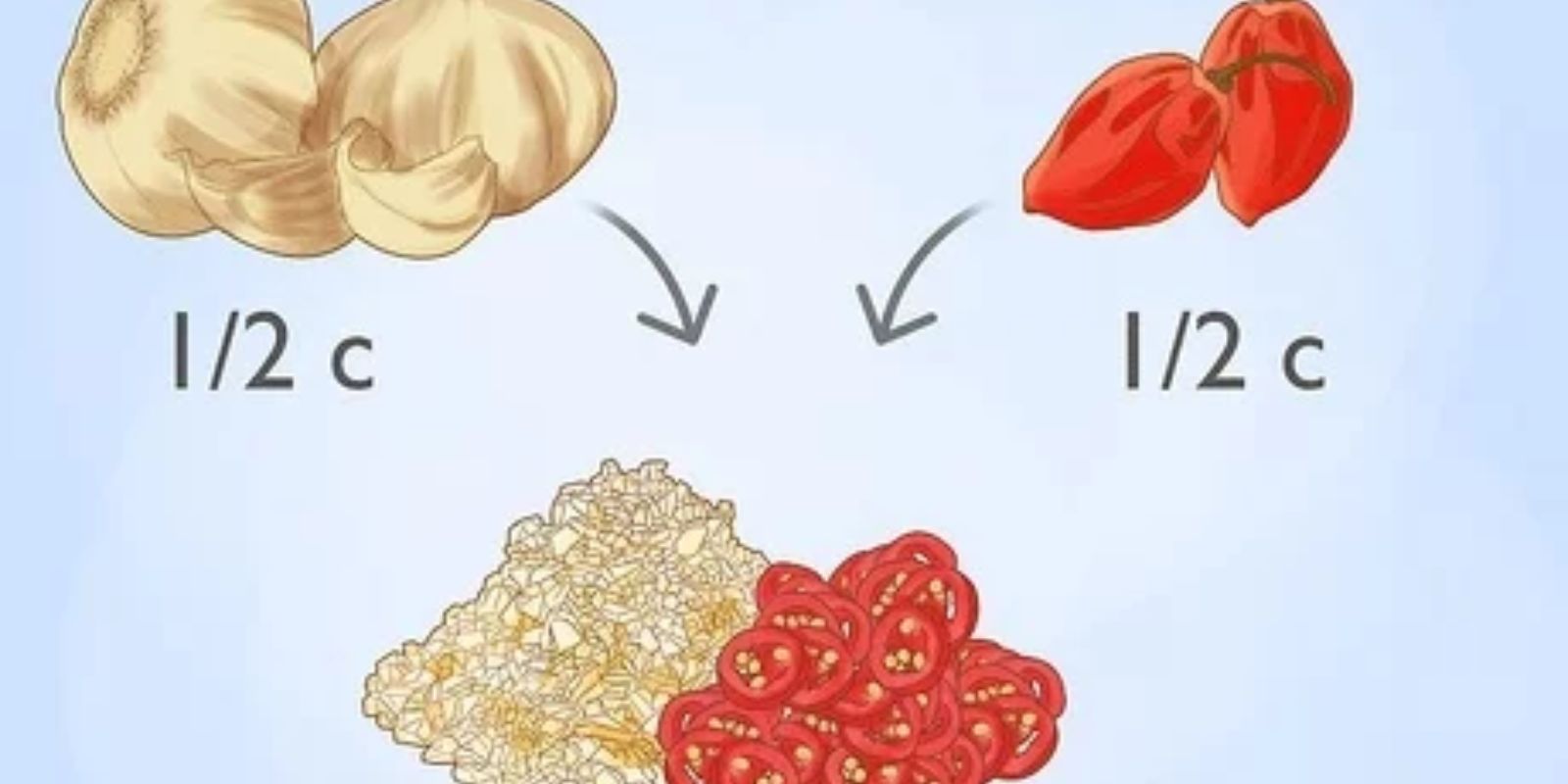Introduction:
Organic gardening is not only about growing your own fresh produce but also about doing so in an eco-friendly and sustainable way. One of the biggest challenges in maintaining a healthy garden is managing pests. While chemical pesticides can be effective, they often come with environmental and health concerns. Fortunately, making your own organic pesticide at home can be a safe, affordable, and highly effective alternative. This comprehensive guide will walk you through the process of creating homemade organic pesticides, offering practical recipes and tips to keep your garden thriving without the need for harsh chemicals.
1. Understanding Organic Pesticides
Organic pesticides are natural or naturally derived substances used to control pests. They are typically safer for the environment and human health compared to synthetic chemicals. Organic pesticides work in various ways, including repelling, killing, or inhibiting the growth of pests. Some common types include:
- Botanical Pesticides: Derived from plants, these include neem oil, garlic, and pepper-based solutions.
- Insecticidal Soaps: Made from natural fats and oils, these soaps target soft-bodied insects.
- Natural Oils: Oils like neem oil and essential oils have insecticidal properties and can disrupt pest life cycles.
Understanding these types will help you choose the right approach for your garden’s needs.
2. Ingredients for Homemade Organic Pesticides
Several natural ingredients can be used to create effective organic pesticides. Here are some common ones:
- Garlic: Known for its strong smell, garlic repels many insects and pests.
- Neem Oil: Derived from the neem tree, this oil disrupts pest life cycles and acts as a deterrent.
- Cayenne Pepper: The heat from cayenne pepper deters insects and can act as a repellent.
- Dish Soap: Acts as an emulsifier to help other ingredients stick to plant surfaces.
- Essential Oils: Oils like peppermint, rosemary, and lavender can repel pests due to their strong scents.
These ingredients can be combined in various ways to create effective pest control solutions.
3. Basic Recipes for Organic Pesticides
Here are some simple recipes to get you started on making your own organic pesticides:
Garlic and Pepper Spray
- Ingredients:
- 4 cloves garlic
- 1 tablespoon cayenne pepper
- 1 quart water
- 1 teaspoon dish soap
- Instructions:
- Crush the garlic cloves and mix them with the cayenne pepper in the water.
- Let the mixture sit for 24 hours to infuse.
- Strain the mixture and add the dish soap.
- Pour into a spray bottle and apply to affected plants.
Neem Oil Spray
- Ingredients:
- 2 tablespoons neem oil
- 1 quart water
- 1 teaspoon dish soap
- Instructions:
- Mix the neem oil and dish soap in the water.
- Pour into a spray bottle.
- Apply to the leaves and stems of the plants, focusing on areas where pests are present.
Essential Oil Repellent
- Ingredients:
- 10 drops peppermint oil
- 10 drops rosemary oil
- 1 quart water
- 1 teaspoon dish soap
- Instructions:
- Mix the essential oils and dish soap in the water.
- Pour into a spray bottle and shake well.
- Spray on plants to repel insects and pests.
These recipes are easy to make and use ingredients that are readily available, making them a convenient choice for garden pest management.
4. Application Techniques
Applying homemade organic pesticides correctly is crucial for their effectiveness. Follow these guidelines for optimal results:
- Test First: Before applying a new pesticide widely, test it on a small area of the plant to ensure it does not cause damage.
- Apply Evenly: Spray the solution evenly on all surfaces of the plant, including the tops and undersides of leaves where pests may hide.
- Apply in the Early Morning or Late Evening: This helps avoid burning the plants under the midday sun and ensures better absorption.
- Reapply as Needed: Organic pesticides may need to be reapplied more frequently than chemical ones, especially after heavy rain.
Regular application and monitoring will help keep pest populations under control and maintain plant health.
5. Benefits of Using Homemade Organic Pesticides
Creating and using your own organic pesticides offers several benefits:
- Environmental Safety: Homemade pesticides are typically biodegradable and less harmful to beneficial insects and wildlife compared to synthetic chemicals.
- Cost-Effective: Many ingredients are inexpensive or already available in your kitchen, making homemade solutions more affordable.
- Healthier Plants: Organic pesticides can help maintain plant health without exposing them to potentially harmful chemicals.
These benefits contribute to a healthier garden and a more sustainable approach to pest management.
6. Additional Tips for Effective Pest Control
To enhance the effectiveness of your homemade organic pesticides, consider these additional tips:
- Maintain Plant Health: Healthy plants are less susceptible to pests. Provide adequate water, nutrients, and proper care.
- Encourage Beneficial Insects: Beneficial insects, such as ladybugs and lacewings, can help control pest populations naturally.
- Practice Crop Rotation: Changing the location of your plants each season can help prevent pest infestations.
- Monitor Regularly: Keep an eye on your plants for early signs of pests and apply treatments promptly.
Implementing these practices will complement your homemade pesticide efforts and help create a more resilient garden.
Conclusion:
Creating your own organic pesticide is a practical and effective way to manage pests while maintaining a safe and eco-friendly garden environment. By using natural ingredients and following simple recipes, you can protect your plants from unwanted pests without resorting to harmful chemicals. Embrace the benefits of homemade solutions and enjoy a healthier, more productive garden.
Motivation:
Empower your gardening journey with homemade organic pesticides and watch your garden flourish naturally! Share your recipes and experiences with the gardening community and inspire others to go green.
Hashtags:

